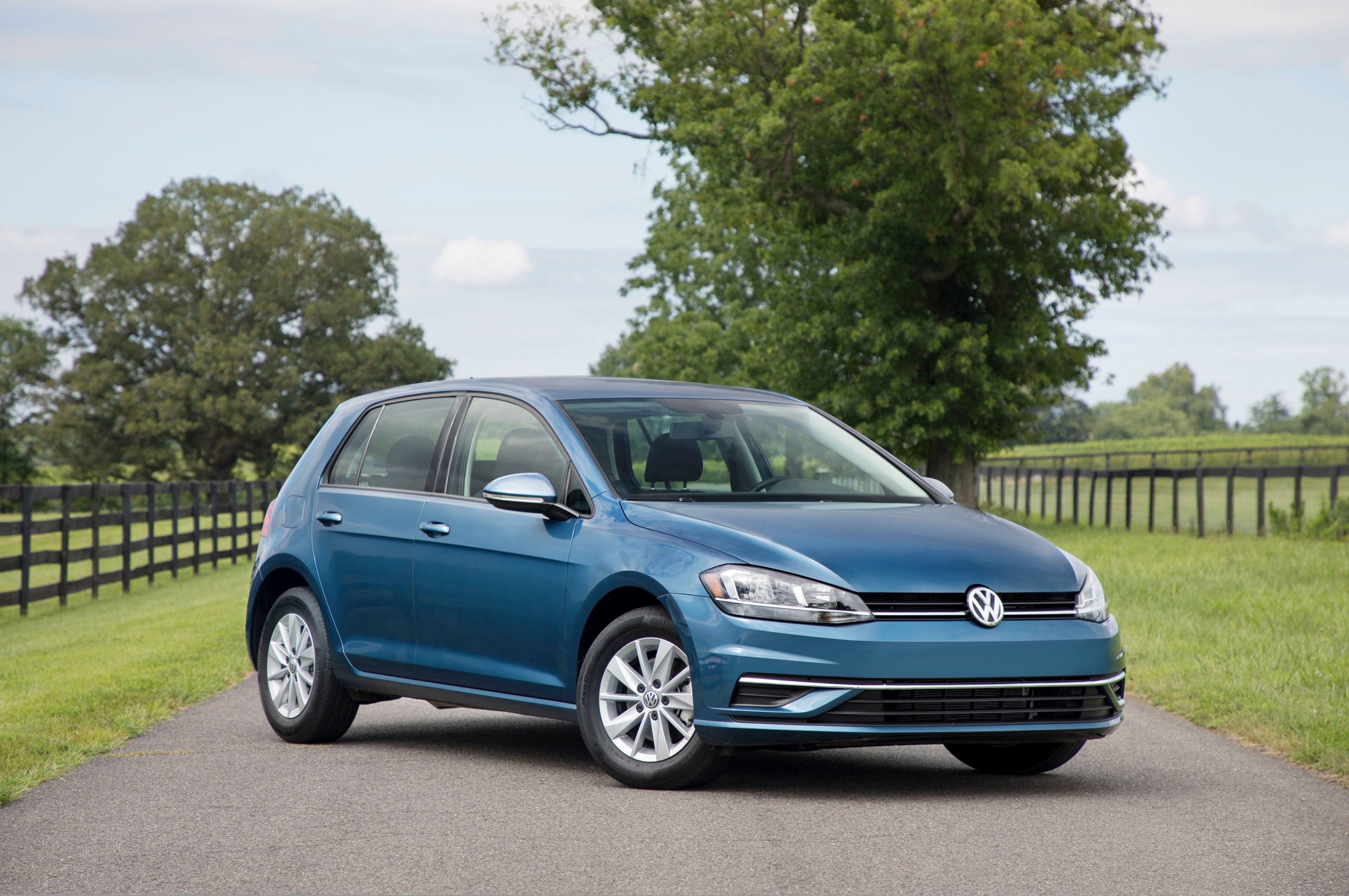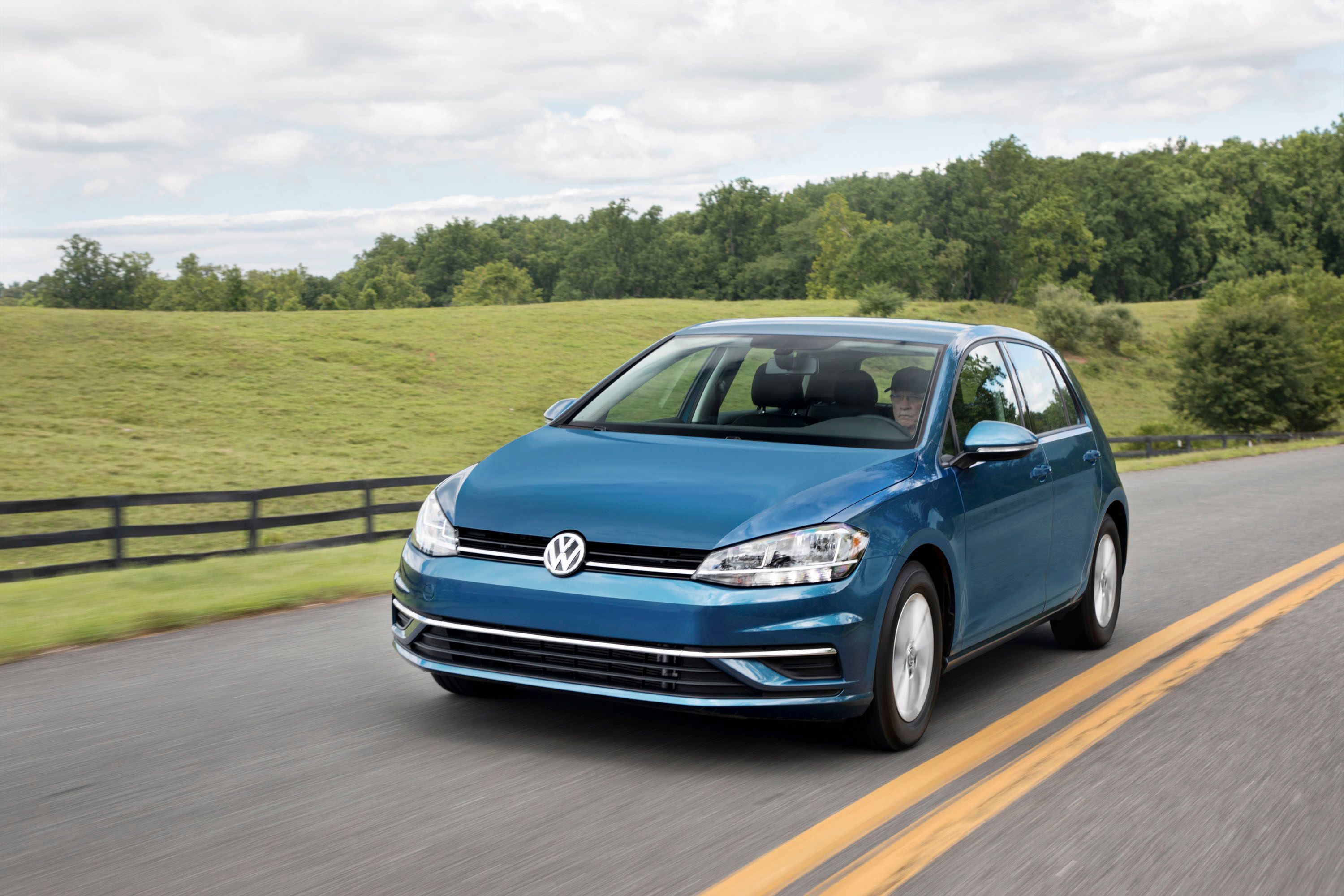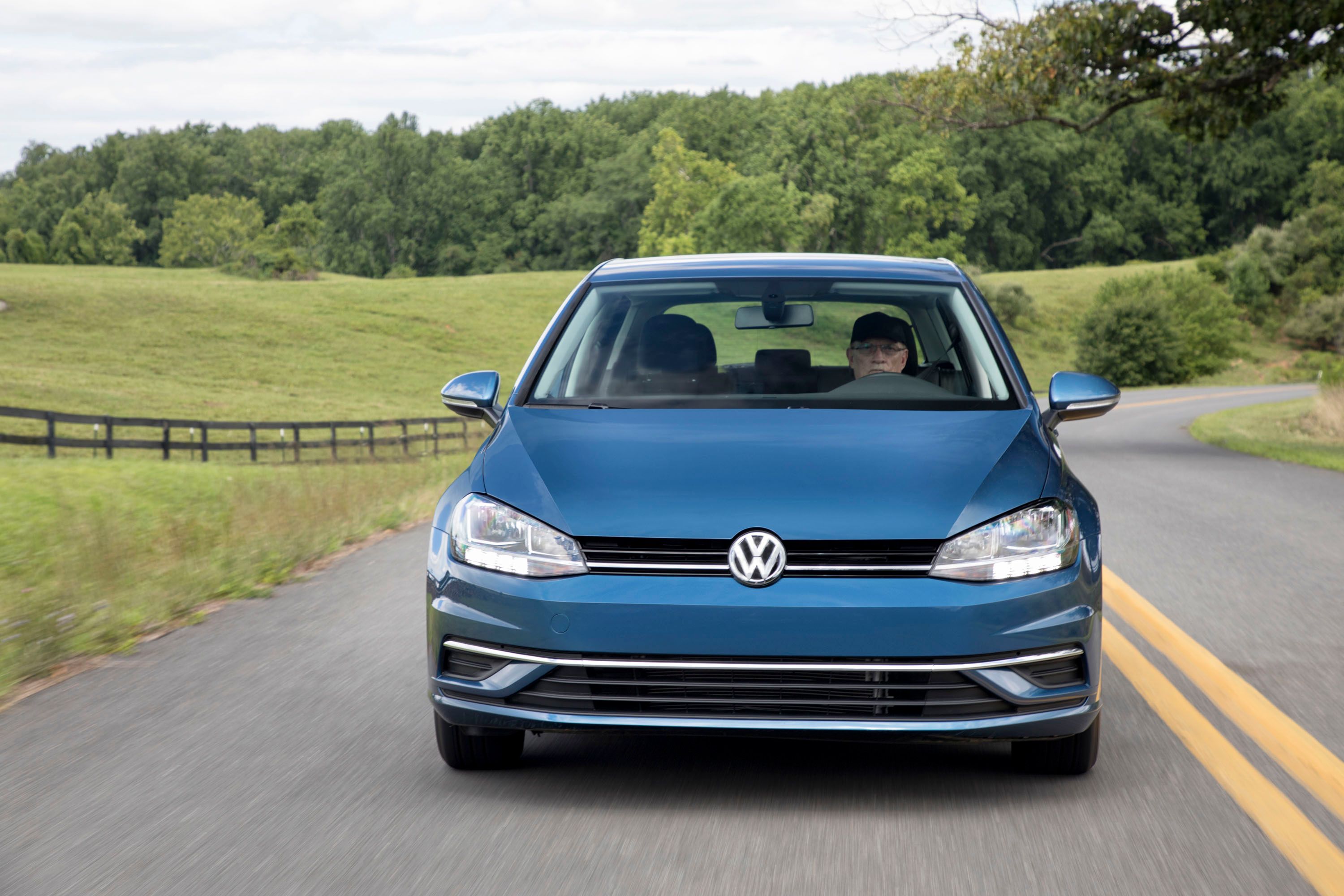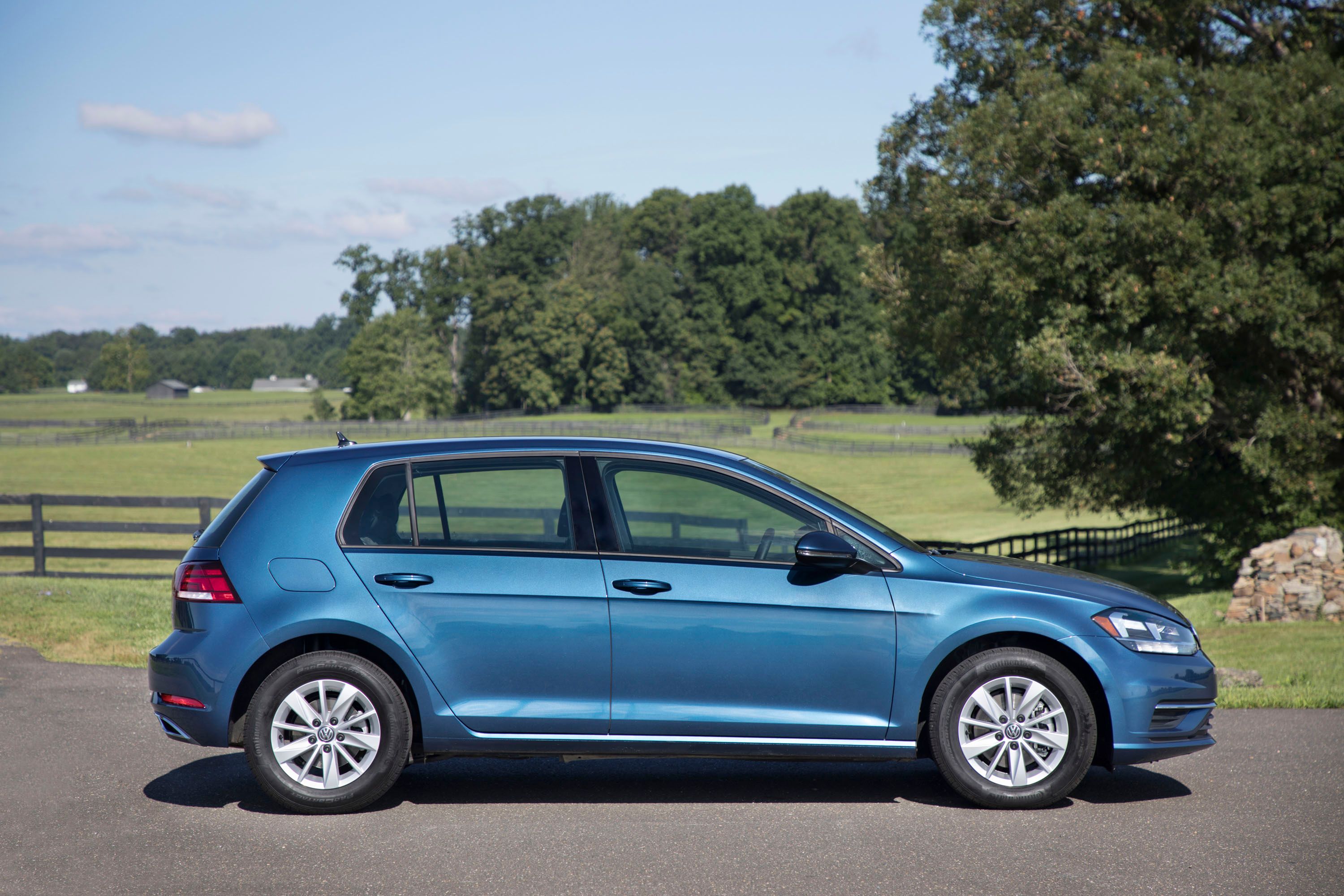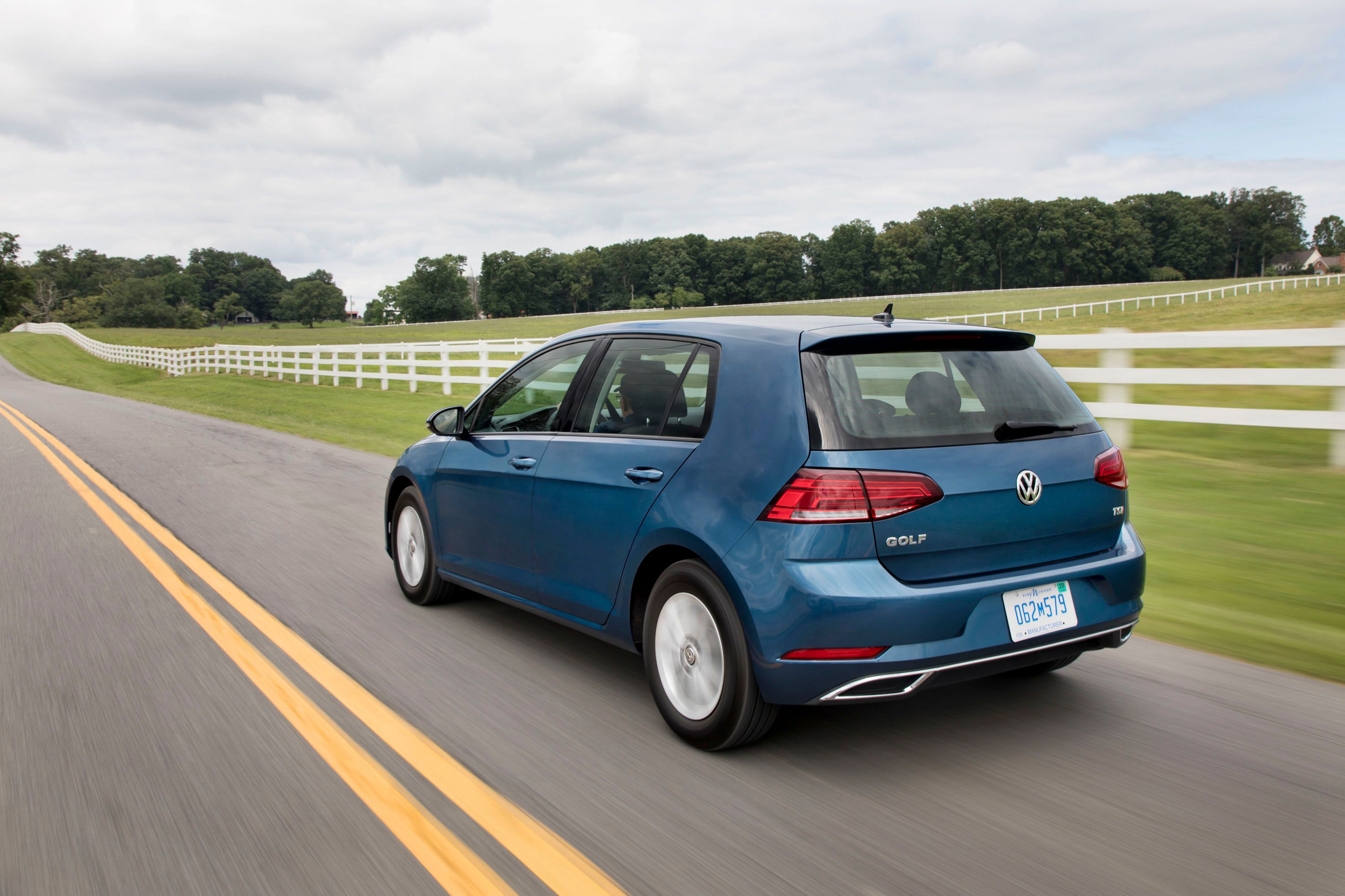The way things are going, Volkswagen should be renamed as Volkscandal. Instead of focusing on rebuilding the “Volks’" trust after the Dieselgate fiasco, the German automaker continues to roll on the same saga. This time, the company has sold Pre-production prototypes that didn't meet regulatory approval in the U.S. and Europe. Dear VW, why would you want to continue working unethically despite being one of the world’s largest carmakers?
Volkswagen Sold More than 6,000 Cars Illegally
Volkswagen sold around 6,700 ‘test cars’ in Europe and the U.S. from 2006 to 2018. These cars are made to test and showcase new models before the car is sent to the assembly-line for full-fledged production. Although these cars need to be scrapped, Volkswagen sold them as "used" or second-hand cars. Forget about being unethical for a second; these cars never even got approved by the motor transport authorities.
When this scandal came under the scanner, a Volkswagen spokesperson confirmed the same to the German media.
Is This Being Lousy, Or Being Stupid?
A Volkswagen spokesperson said that it is not aware of any accidents due to the use of the test cars sold, but was recalling them citing potential safety issues and because it was not certain how different the test vehicles were from the ones that were eventually approved.
What They Had To Say
Klaus Müller, head of consumer rights group VZBV, said, “The fact that these are VW models built between 2006 and 2018 shows (…) that Volkswagen has not understood anything, even three years after the diesel scandal became known," He spoke of another “failure on the part of management.”
This is not just between the customers and the automaker; it's the dealerships that have to bear the brunt for no fault of their own. "Yet again we have to compensate the customer for damages that actually originated in Wolfsburg," said one car seller in southern Germany.
Our Take
What shocked us even more, however, is that the CEO of VW Group since April 2018, Herbert Diess, was privy to this problem since July 2016. Back then, he was the head of VW car passenger brand. Instead of being more vigilant and transparent about these things, the automaker went ahead and sold a minuscule number of vehicles that should have been crushed. In pure numbers, VW sold 10.8 million vehicles last year, and the test cars sold illegally constitute just 0.06% of total sales. Why even bother? Was this worth the disrepute yet again? What are your thoughts on this whole incident? Share them with us in the comments section below.
Further reading
Read our full review on the 2018 Volkswagen Golf
Read our full review on the 2017 Volkswagen Passat.
Read our full review on the 2016 Volkswagen Tiguan.

